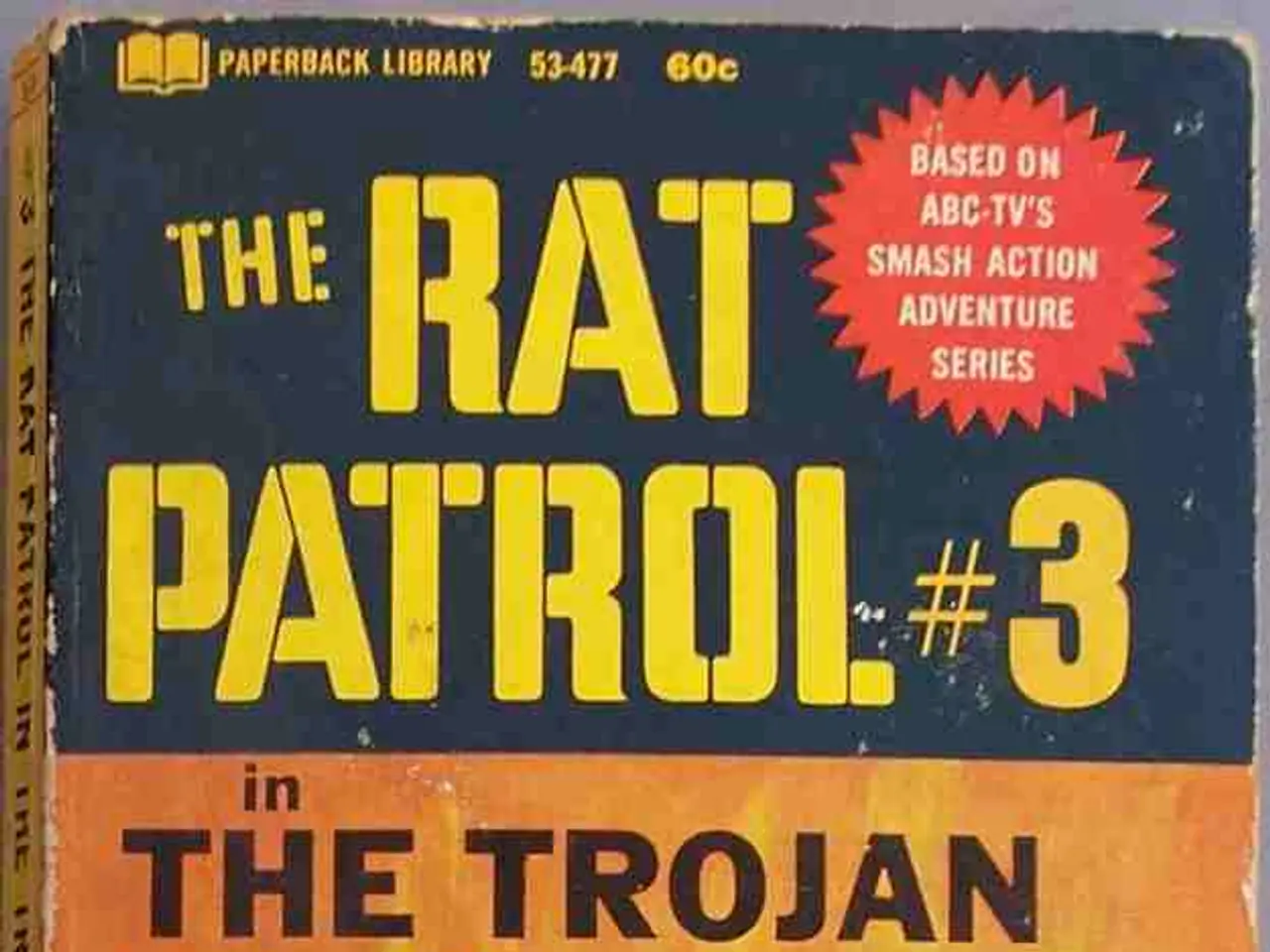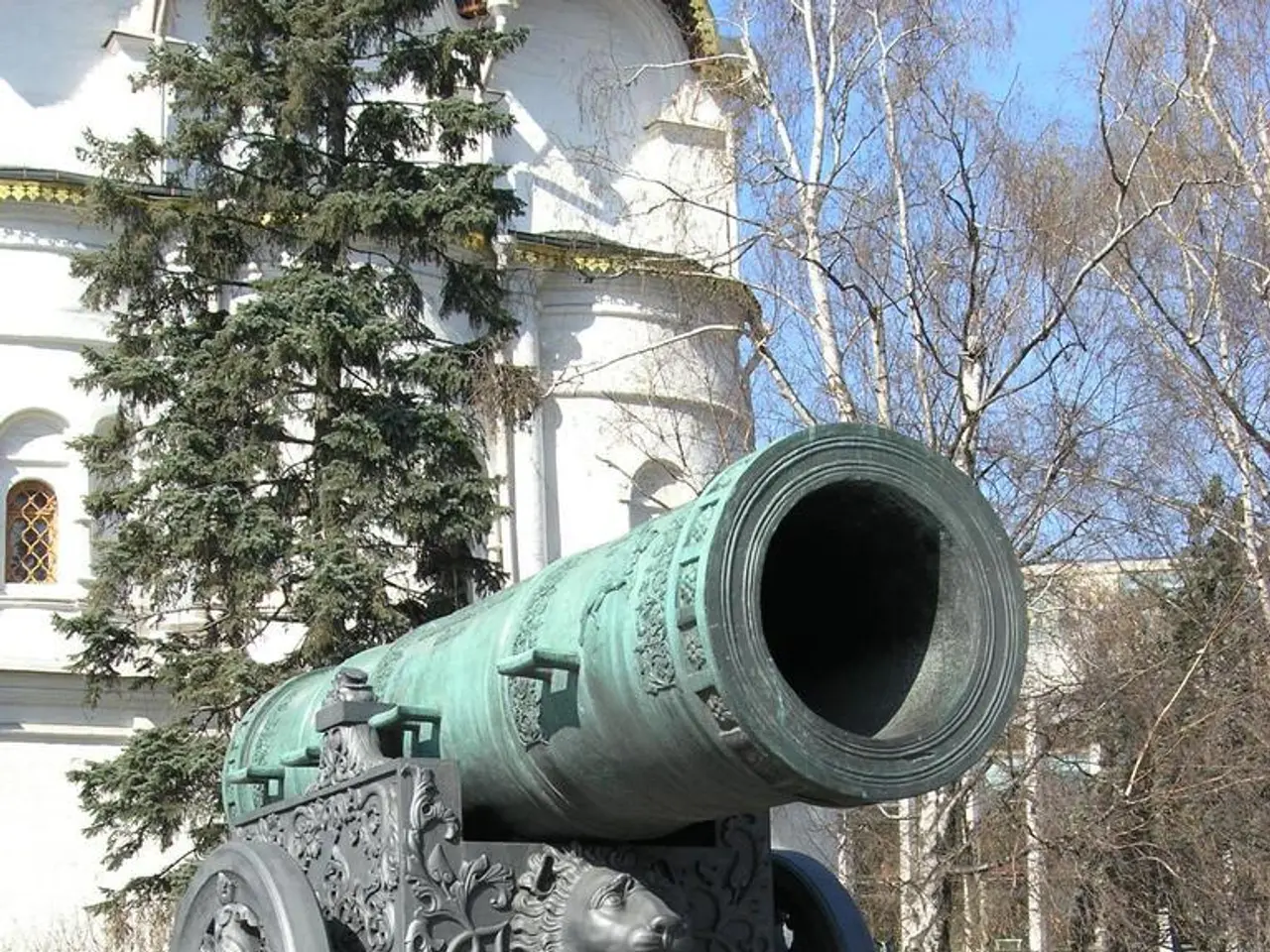The Looming Crisis: A Potential U.S. Invasion of Iran Could Ignite Catastrophic Chaos
- *
Potential American military action in Iran might result in turmoil and disorder. - U.S. Military Intervention in Iran May Result in Disorder or Confusion, Says Nouripour
As tension between the United States and Iran reaches a boiling point, concerns of a devastating conflict loom large. Green party politician, Omid Nouripour, warns of an impending chaos - a nightmare scenario recalling the unraveled mess of the Iraq War.
"Let's face it, the Iraq War is fresh on everyone's minds," says Nouripour. "The Americans stormed in, promising to liberate the Iraqis from Saddam Hussein, but had no plan whatsoever for the day after. It seems like they're up to the same empty promises this time around as well."
Such fears are not unfounded. Analysts argue that without a clear, well-thought-out strategy for the post-conflict phase, a U.S. invasion of Iran could leave the region in shambles. History is littered with examples of unplanned interventions leading to chaos and instability, as seen in Iraq.
"Many Iranians are terrified of the chaotic aftermath," adds Nouripour. "They're unsure if American intervention will lead to their desired freedom or just more suffering and bloodshed. One thing's for certain: If Israel and the U.S. keep pushing the envelope with their attacks on Iranian nuclear facilities, the consequence could be catastrophic."
Expert analysis suggests that any further military escalation could incite a wider regional war, with potential involvement from Iran's regional proxies and other state actors. The ongoing Israeli campaign against Iranian ballistic missile and drone infrastructure further intensifies this risk, as Israel's attempts to preempt potential threats may inadvertently provoke retaliation and counter-escalation.
Another crucial aspect of the current analysis revolves around policy implications. Some argue that the U.S. strikes on Iranian nuclear facilities have been deemed as a violation of international law and pose significant questions about the legitimacy of unilateral military action and its impact on global nonproliferation efforts. There is likewise uncertainty about the actual impact of the strikes, making it difficult to gauge the effectiveness of any strategic setbacks for Iran’s nuclear program.
Comparing the lessons from the Iraq War to the current situation between the United States and Iran, experts have raised concerns about the dangers of acting on questionable intelligence, the potential for regional destabilization, the risks to global nonproliferation efforts, and the challenges in restoring post-conflict stability.
As the United States and its allies tread the precarious path toward conflict with Iran, the need for a well-defined, strategic approach becomes increasingly critical. The appetite for another bloody, messy war in the Middle East is palpable, and the consequences of such a disaster cannot be understated.
- Omid Nouripour
- Iran
- United States
- Israel
- Middle East
- Iraq War
- Saddam Hussein
- Conflict
[1] Source: Recent expert analyses from the Center for Arms Control and Non-Proliferation (CACNP) and the Middle East Institute (MEI)[2] Source: Meir Jared Solomon, Senior Fellow, MEI
"Omid Nouripour echoes concerns about the potential U.S. invasion of Iran, citing the chaotic aftermath following the Iraq War under Saddam Hussein as a cautionary tale. He questions whether American intervention will lead to freedom or more suffering in Iran."
"The Middle East Institute's recent analysis highlights the possible connection between the ongoing tension between the United States, Iran, and Israel, and the risk of a wider regional conflict, similar to what transpired during the Iraq War."








